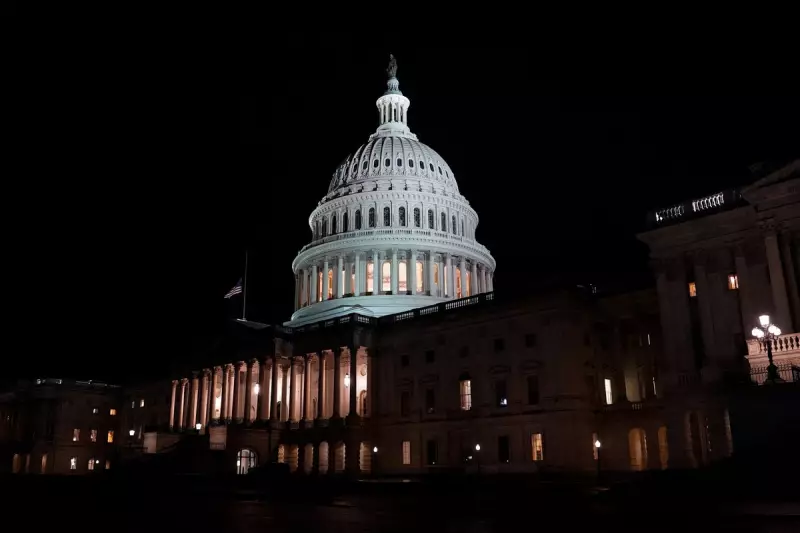
In a decisive move, the United States House of Representatives has voted to end the longest government shutdown in the nation's history, a political stalemate that lasted for almost 43 days.
A Bipartisan Vote to Reopen
The legislation to fund the government and end the shutdown passed with a cross-party majority. Six Democrats broke ranks to join almost all Republicans, with only two GOP members voting against the bill. This came despite the majority of Democratic opposition, which was rooted in the bill's exclusion of an extension for enhanced healthcare tax credits introduced during the Covid era.
A similar vote had already taken place in the Senate, where eight Democrats sided with Republicans to pass the measure. President Donald Trump is expected to sign the bill into law on Wednesday evening, formally drawing the shutdown to a close.
The Root of the Political Impasse
The shutdown originated from a fierce dispute over the extension of Covid-era tax credits for health insurance under the Affordable Care Act. The failure to extend these credits could lead to premium increases for an estimated 24 million Americans, a point of major contention for Democrats.
Republicans, meanwhile, raised significant objections to an unrelated provision within the broader legislative package. This clause allowed senators to sue the government if it obtained their phone records. In response, Speaker Mike Johnson pledged to introduce separate legislation to repeal this specific provision, a move that helped secure Republican support for the funding bill.
Concluding the Longest Shutdown
The passage of this bill concludes a period of unprecedented political gridlock. The funding approved by Congress is set to keep the federal government operational through to January 30, providing a temporary solution and averting further immediate crisis. The resolution marks a critical moment for the Biden administration and congressional leaders, though the underlying disagreements on healthcare policy remain unresolved.






